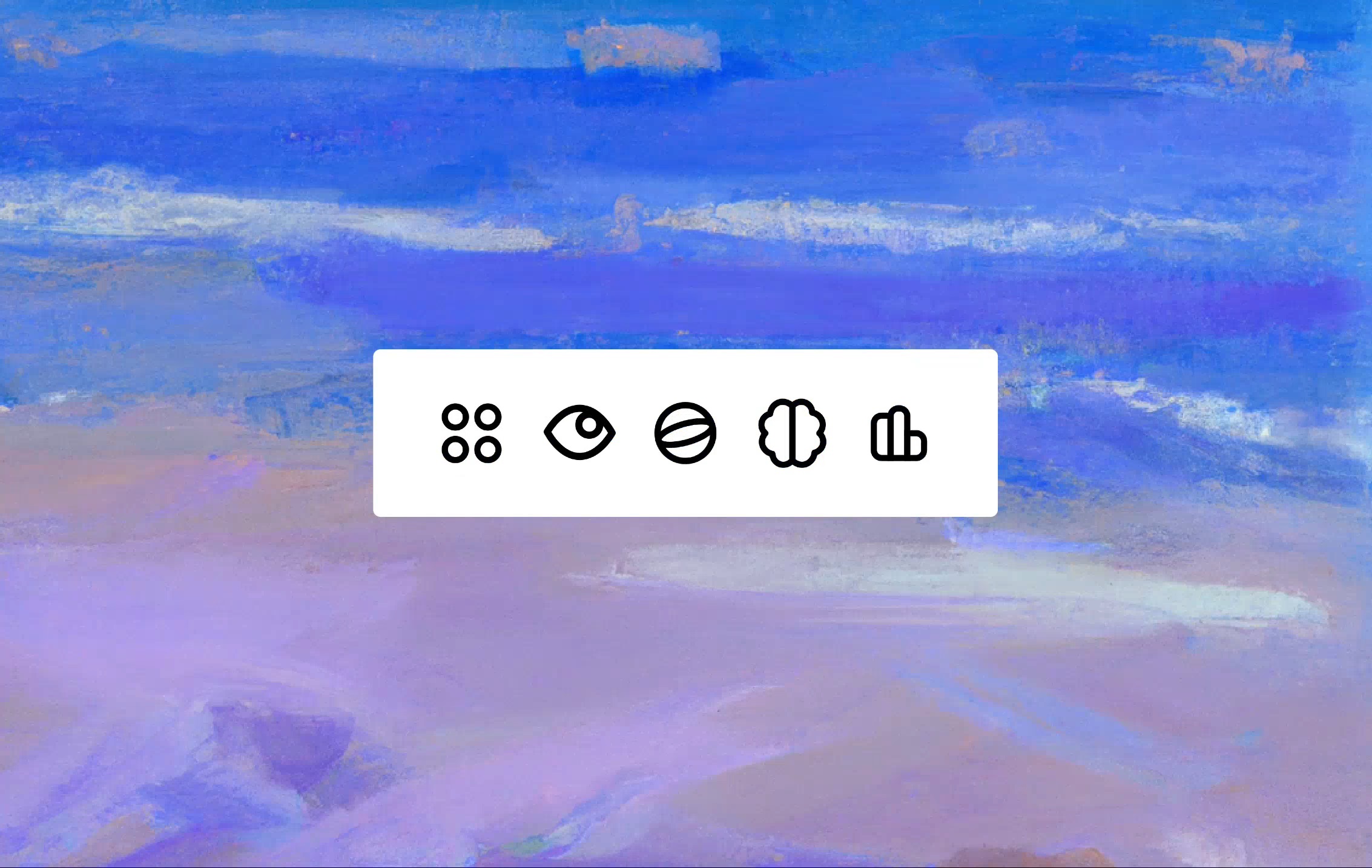We’ve been able to translate foreign languages with relative ease long before generative AI products like ChatGPT did it for us. But genAI products like ChatGPT have helped companies enhance translation services across the board. It’s not just ChatGPT that can handle translation with ease. Competing models do it too. For example, Samsung made Live Translate a key feature of its Galaxy AI suite.
Google brought translation support to Circle to Search. More recently, Google’s NotebookLM model added support for dozens of new languages, allowing more users to access its podcast-style AI reports.
Translation services will keep improving. iOS 19 is rumored to bring live translation to AirPods, which would be a great new use for the wearables. But you don’t have to wait until later this year to try this kind of feature. BabelEar is a new iPhone app that already offers live in-ear translation in real time.
The app relies on ChatGPT to power translations, and it doesn’t collect any user data. That’s an important factor to consider when choosing AI-driven translation tools.
BabelEar offers “instant In-Ear AI-powered translation,” letting you “hear near-zero latency, high-accuracy speech translation in over 100 languages and dialects.”
As shown in the screenshots, the app has a simple interface that lets you listen to people speaking in another language while the AI translates it live. The app also provides transcriptions, which can make following along easier.
The App Privacy section notes that the app doesn’t collect any user data, which is rare for an AI app. Just compare that to how much data Meta AI tries to collect.
The developer has a more detailed privacy policy at this link, which outlines its data collection practices.
“At present, KapTable AI does not collect any usage data through this application,” the developer writes. “We will notify you of any changes to our data collection practices through app updates. Future versions may include optional analytics to improve the app’s functionality.”
The privacy policy also explains that “audio data is processed through OpenAI’s WebRTC service for real-time translation.”
So, can you get advanced AI-powered translation for free on your iPhone or Android via BabelEar? Not quite. There is no such thing as free when it comes to online services, especially AI. You will need access to OpenAI’s ChatGPT. Specifically, you need OpenAI API keys, which power the live in-ear translations.
As shown in the screenshots above, you must enter your API keys and then pay based on usage.
You only pay for the translations you perform with BabelEar through the ChatGPT API. For example, the default ChatGPT model, GPT-4o, costs $5 per 1 million tokens (input) and $20 per 1 million tokens (output) for text.
GPT-4o audio is more expensive, at $40 per 1 million input tokens and $80 per 1 million output tokens. You will likely use GPT-4o for translations, though the developer doesn’t specify the model.
These rates make translation relatively affordable. For instance, translating 10,000 words would cost under $2, according to a ChatGPT estimate. Again, you only pay for what you use.
Of course, you might not always need to use the BabelEar app. You may turn to other apps for translating written text or text in images, or use your regular AI subscription (if you have one) for audio translation. It doesn’t have to be ChatGPT. Most major AI tools can handle translation tasks.
When setting up your ChatGPT APIs, make sure to review your ChatGPT privacy settings to ensure your data is not used for training. By default, ChatGPT API data is not used to train OpenAI models.
You can download BabelEar at this link, with the app’s privacy policy available here. You will find your ChatGPT API keys on OpenAI’s website.








